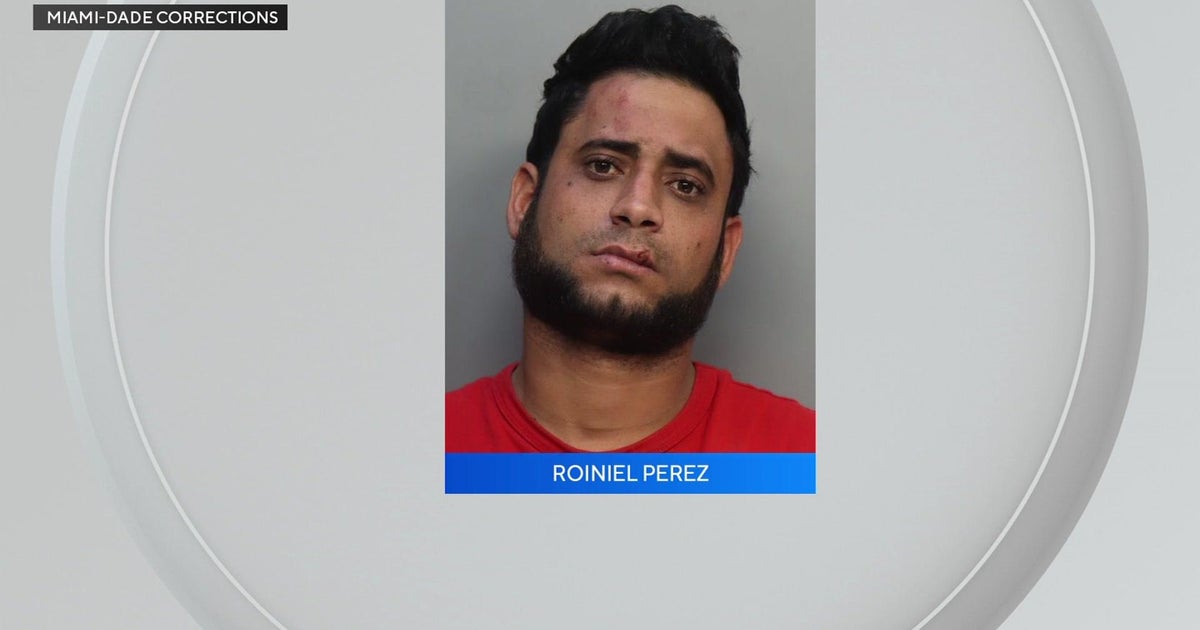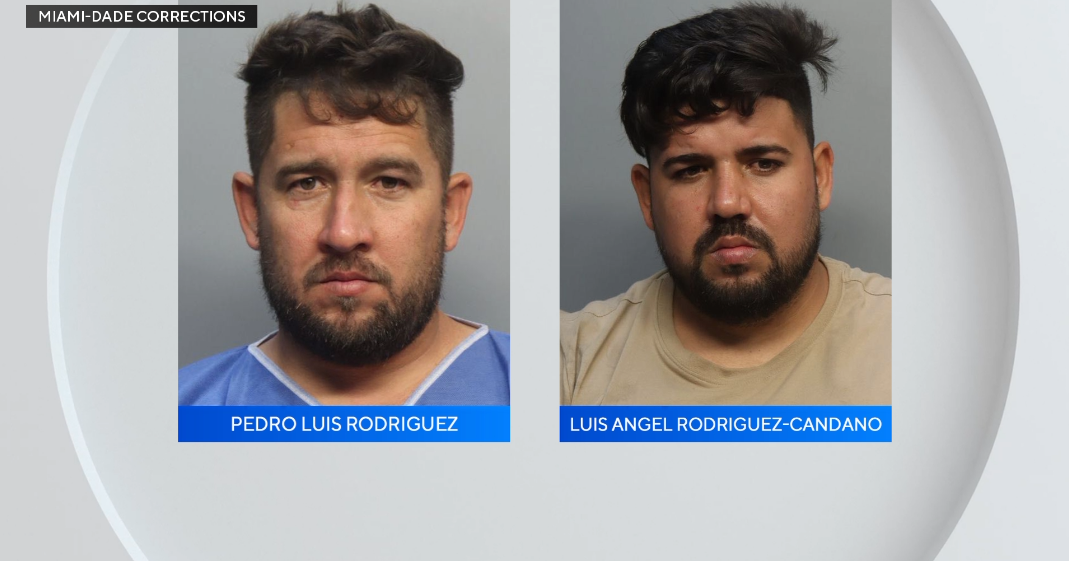Exclusive: Buried Clues Surface In Death Of Dade's Last Elected Sheriff
MIAMI (CBSMiami) – Dade County Sheriff Talmadge A. Buchanan is most famous for being the last elected Sheriff of Dade County. When he died 37-years ago, authorities claimed he was drunk, stumbled into a dark street, wearing dark clothing and was hit by an oncoming car.
Now for the very first time, a CBSMiami.com investigation has uncovered evidence, facts and witness statements that were apparently not considered, or cast aside.
Buchanan's relatives are also speaking out for the first time and wondering aloud, was T.A. Buchanan really murdered?
Vivian Macleod is his niece. She has come forward to say that the former Sheriff knew he was in danger.
"He told my grandma he got a phone call and he told her he had to get everybody out of the house for the night and he had to take care of something," said Macleod.
Macleod said she was aware that Buchanan had given his kids money and sent them out of the house. He feared that he would be murdered and his children would be kidnapped.
This was November 26, 1976, the day after Thanksgiving. By that evening, he was dead.
According to Macleod, when she and her grandmother, Buchanan's mother, arrived at the scene of his death in South Dade; her grandmother screamed out, "She said 'they killed him. They killed him.'"
"Since he was killed I've welcomed any chance to talk to anybody to try to get some kind of knowledge about what really happened," said Macleod. She insisted that her family never believed the official cause of death.
Officially, Buchanan died after being hit by a car.
It was ruled a traffic homicide accident. The report was authored by Det. Robert E. Hinman in 1976.
According to police and media reports in 1976, Buchanan was reportedly intoxicated, coming out of a bar/liquor store, was wearing dark clothing on a dark night, stepped in front of a moving vehicle, and that empty liquor bottles were found in his home.
CBSMiami.com has obtained a sample taken from the shirt T.A. Buchanan was wearing the night he died. It is not dark clothing. Instead it was a brightly-colored shirt.
He was also not intoxicated.
According to a letter dated December 9, 1976, written by Dr. Joe Davis, the Dade County Medical Examiner, to Buchanan's mother, Buchanan's alcohol level "was quite low and not in keeping with someone who would be intoxicated."
"He would never drink. He wasn't a drinker," declared Macleod.
She'd just been to his home the day before his death, which was Thanksgiving. She said Buchanan enjoyed a big dinner with his family.
"There was no alcohol in the home. He had his older son living with him and didn't have alcohol in the house," said Macleod.
Even the street was not dark, according to his niece, who was at the scene hours after she learned of her uncle's death.
"They said it was an accident but we drove by. It was a bar called the Wishing Well Bar. It wasn't dark, there were lights on the street from US 1 and lights from the bar," said Vivian Macleod.
Recently, Macleod gave an interview to the "citizen's posse," a group of citizen volunteers looking into cold cases and mysteries from five decades ago, as part of their investigation into the unsolved kidnapping of Danny Goldman in 1966. The entire interview is posted on their website.
Buchanan's death is one of 18 homicides and other incidents that the "citizen's posse," has discovered with links involving both organized crime and police authorities.
The "posse" has been providing details to the authorities and updates to the public on their website.
CBSMiami.com asked the Miami-Dade Police Department for comment on these new revelations surrounding the death of Dade County's last elected Sheriff. A MDPD spokesman told CBSMiami.com, "The case has not been officially re-opened. All records were destroyed six years after the incident."
The driver of the car who hit Buchanan in 1976 did stop and cooperate with authorities. Kenric Shawn Wadsworth could not be located for comment.
Macleod realizes that her family may never know the truth and that if her uncle was killed, those responsible might not even be alive. But Macleod is certain of one thing: what her mother and grandma, both deceased, would make of this new information.
"Their dying wish was to have my uncle's death vindicated. Our whole family knew there was no way it was an accident."



